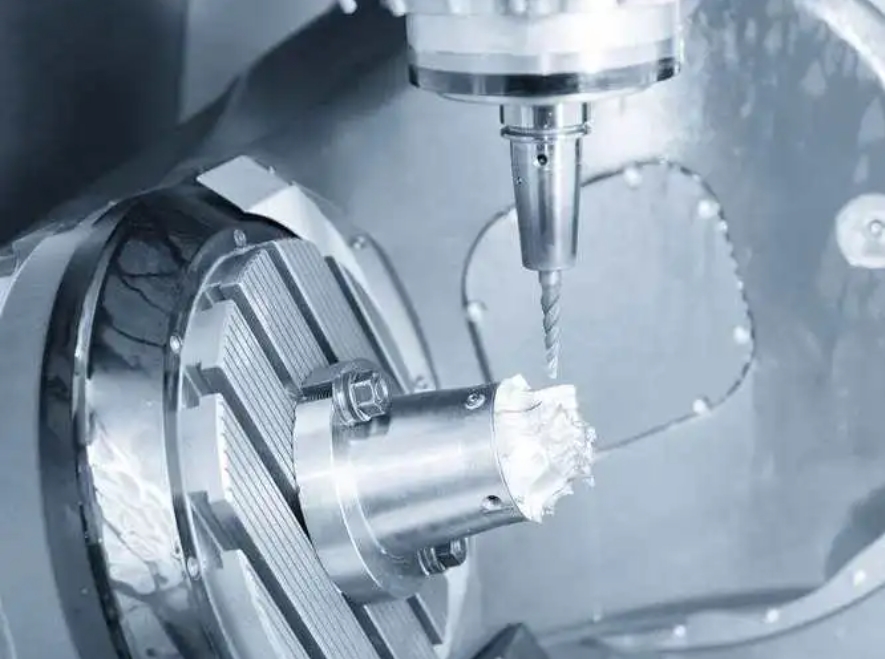The Rise of Adaptive Manufacturing: CNC's Flexibility Unleashed+ View more
The Rise of Adaptive Manufacturing: CNC's Flexibility Unleashed
+ View more
Date:2023-12-05 16:28
In the landscape of modern manufacturing, the emergence of adaptive manufacturing techniques, empowered by CNC (Computer Numerical Control) machining, has revolutionized the industry. This comprehensive article navigates the transformative journey of adaptive manufacturing, highlighting how CNC's unparalleled flexibility has reshaped production processes across diverse sectors.
Adaptive Manufacturing: A Paradigm Shift
Adaptive manufacturing stands as a paradigm shift in the industry, characterized by the ability to swiftly respond and adapt to evolving demands. CNC machining plays a pivotal role in this revolution, offering flexibility that caters to the dynamic requirements of modern production.

Understanding CNC's Adaptive Nature
The hallmark of CNC machining lies in its adaptability. From traditional subtractive methods to hybrid approaches incorporating additive manufacturing, CNC systems adapt to various manufacturing needs, offering versatility in materials, designs, and production volumes.
Versatility in Complex Geometries and Materials
CNC's flexibility shines when dealing with complex geometries and diverse materials. Its precision and adaptability allow for the machining of intricate designs, challenging materials, and customized components, meeting the stringent demands of industries such as aerospace, automotive, and healthcare.
Integration of Additive and Subtractive Techniques
The integration of additive and subtractive manufacturing techniques is a testament to CNC's adaptiveness. Hybrid CNC systems combine the precision of subtractive techniques with the design freedom of additive processes, enabling innovative solutions in producing complex parts.
Real-time Adaptations in Smart Factories
In the era of Industry 4.0, smart factories leverage CNC's flexibility for real-time adaptations. Integrated with IoT (Internet of Things) systems, CNC machines monitor and adjust parameters, ensuring optimized production schedules and predictive maintenance.

AI-Driven Adaptability and Process Optimization
The integration of AI (Artificial Intelligence) further amplifies CNC's adaptability. AI-driven CNC systems analyze vast datasets, predict tool wear, optimize machining parameters, and continually adapt processes for enhanced efficiency and reduced downtime.
Customization and Scalability for Varied Demands
CNC's flexibility enables customization and scalability, catering to varied production demands. Whether in prototype development or high-volume production, CNC systems adapt to meet the unique requirements of each manufacturing phase.
Challenges and Future Trajectories
Despite its versatility, challenges such as cybersecurity, interoperability, and skill requirements persist in maximizing CNC's adaptability. Future trajectories involve further AI integration, robotics advancements, and enhanced process monitoring to push the boundaries of adaptive manufacturing.
Conclusion: CNC's Adaptive Power in Manufacturing
In conclusion, CNC machining stands as a driving force behind the rise of adaptive manufacturing. Its flexibility, integration with advanced technologies, and adaptability to evolving demands have redefined production processes, paving the way for a new era of agile, responsive, and efficient manufacturing.
Share to:
Recommend wonderful blog posts

